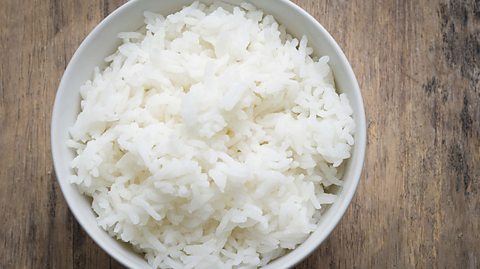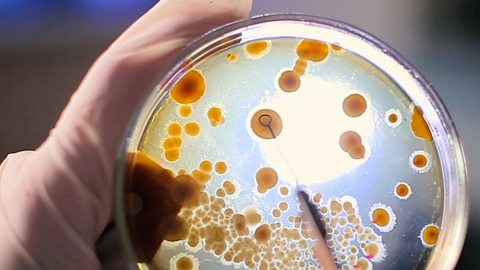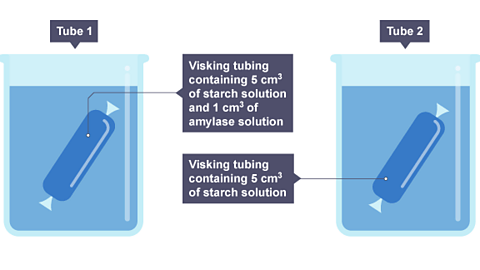Key points
Dietary fibre is plant material that cannot be digested by the human body.
Dietary fibre helps the digestive system to move food through the intestines and push the waste material out of the body.
Foods that are rich in fibre include beans, pulses, and vegetables such as broccoli and carrots.
What is fibre?
Video
Hi my name is Sandy, I'm a community nutritionist. I work with the community on improving their diet. We'll be having cookery classes today.
Dietary fibre is really important, it's a part of the food that you have in your diet, the plant-based food, that can't be digested by your body. It's often broken down into two bits, soluble and the insoluble.
So soluble actually gets dissolved in water, and this actually helps to lower your cholesterol. The insoluble just passes right through you, all that lovely fibre is what's going to help your digestive system move. It's found in vegetables, it's found in pulses and lentils, nuts and seeds. It's really good for your gut, and it keeps your bowels moving.
I always enjoyed science. I think science is really important because it's present in everyday life, and I think that's something that maybe I didn't realise at school while I was at school.
Everyone should care about dietary fibre, not only does it keep you fuller for longer, but it gives you lots of energy. You have lots to concentrate at school, so you need that added energy in your day-to-day lives.
When you're smiling and you're full of energy, you can conquer anything.
Can you answer these questions based on the video?
1. What is unusual about fibre compared to the other food groups?
2. Name the two types of fibre.
It can’t be broken down by your body.
Soluble and insoluble.
Dietary fibre is made up of plant material, in particular cellulose from plant cell walls that your body cannot break down.
It is essential in helping our body to remain healthy because it helps to move the food we eat through our digestive system, allowing the body to absorb nutrients, whilst moving the waste products easily through our system to be excreted.
Soluble and insoluble fibre
Foods that contain a lot of fibre typically contain both soluble and insoluble fibre.
Soluble fibre dissolves easily in water and is broken down in the large intestine into a gel-like substance. One of its many benefits is to help reduce blood cholesterol. This is found in foods such as chickpeas and carrots.
Insoluble fibre does not dissolve in water. Instead it travels around the digestive tract absorbing fluid and picking up other waste matter. The fibre aids the journey of the waste matter through the intestines and out the other end. This type of fibre helps to prevent constipation. This is found in foods such as rice and nuts.
Quiz - Order the fibre content
How much fibre?
The amount of fibre a person needs depends on their age. For example, 11-16 year olds need about 25 grams of fibre per day.
A diet that is high in fibre can help to reduce hunger and help you to feel fuller for longer.
The correct amount of dietary fibre prevents constipation and reduces the risk of heart disease, stroke, type 2 diabetesA disease more common in older people where person's body cells no longer respond to insulin produced by the pancreas., bowel cancer and obesityMedical term for being very overweight, owing to the excessive accumulation of body fat..
Test your knowledge
Quiz - Dietary fibre
Play the Atomic Labs game! gamePlay the Atomic Labs game!
Try out practical experiments in this KS3 science game.

More on Nutrition, digestion and excretion
Find out more by working through a topic
- count11 of 15

- count12 of 15

- count13 of 15

- count14 of 15
